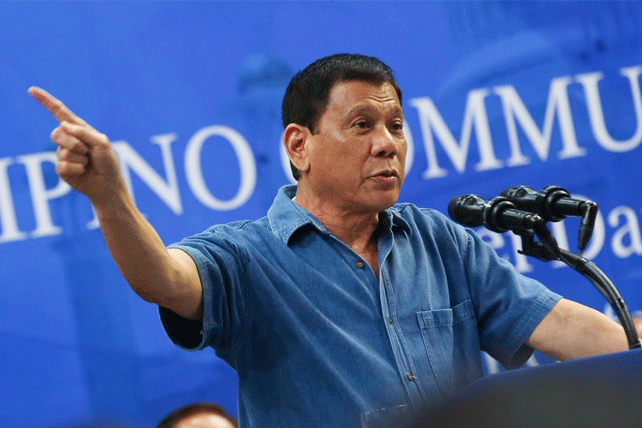Amidst the coronavirus pandemic which has already claimed 60,000 lives in Brazil, police are still routinely targeting Black people and shooting with impunity. While policing is targeted towards destabilising the illicit drug trade, efforts should be focused on reducing the spread of COVID-19, particularly as various regions in the world are currently facing the prospect of a second wave.
Brazil’s federal and state governments have long had a history of using a heavy-handed, militarised approach to policing the illicit drug trade. Last year, police killed an average of 5 people a day, 1810 in total, the highest number since official records began in 1998. While this only accounts for recorded deaths by shooting, the COVID-19 pandemic has brought to light the many ways in which the country’s Black and indigineous people have been systematically neglected and ignored through policy, housing, education and healthcare.
While Jair Bolsonaro’s government has largely ignored and dismissed the pandemic and its impacts, there have been over 60,000 deaths since March, with Brazil overtaking the UK for the second highest rate behind the US. As expected, in the three states where there are the highest numbers of Black and indigeneous people (São Paulo, Rio de Janeiro and Ceará), there have been the highest number of cases. In favelas across Brazil’s major cities, local and state authorities have largely ignored residents and the public health risks they’re exposed to due to lack of sanitation and clean water. Moreover, police death squads are still routinely storming and raiding favelas — in the first four months of 2020 police had killed at least 606 people.
Local community groups have been providing public health relief to residents in favelas
On May 1st Redes Da Maré, an activist organisation based in the favela of Maré in Rio de Janeiro’s North Zone where activist Marielle Franco was also from, presented an action plan to the City outlining demands to address key issues such as food security, income generation, access to rights, and production and dissemination of key information. Organisations such as these have stepped in where state authorities have failed, providing PPE equipment and important hygiene information that wouldn’t be communicated to residents otherwise.
On May 18th, a 14 year-old boy called João Pedro Matos Pinto was shot in the back by police while playing with his cousins near his home in the favela of Salgueiro. Police claimed he was caught in a crossfire as they pursued gang members. Three days later, as teachers and volunteers handed food packages to families, police opened fire in the Providência favela, killing 19 year-old Rodrigo Cerqueira.
This mirrors police violence across the globe, in the Philippines, India, Kenya, Hong Kong the UK & the US. Talking Drugs has reported on UK policing during the COVID-19 pandemic and the urgent need for immediate decarceration and closure of drug detention centres across the world.
Criminal groups have augmented power with the absence of state and federal support and assistance but consequences are yet to be seen
Conectas, a Brazilian-based human rights organisation, said: “it is urgent for the Supreme Court to reschedule ADPF No. 635 (Allegation of Violation of a Fundamental Precept), which challenges the legality of police operations conducted in the urban outskirts of Rio de Janeiro and imposes limits on Governor Witzel’s security policy.” Under normal circumstances, this should be a major priority and human rights concern. With the added context of COVID-19, the presence of police in favelas also poses health risks to residents.
Andrea Varsori (Violence Research Network) and Ryan Berg (American Enterprise Institute) wrote about how criminal groups have established power in favelas due to the government failing to impose lockdown restrictions. Former health minister Luiz Henrique Mandetta has thus been liaising with criminal groups to promote public health and provide safe passage for public health officials. Varsori predicts that even when the pandemic begins to recede, state and federal authorities will have lost considerable ground in the war against drugs and organised crime.
There are fears that when the pandemic does begin to ease and the number of cases begin to decline, authorities will attempt to use the presence of criminal groups to scale up their police operations in Brazil’s poorest urban areas. It’s also important to recognise that with the government’s failures in addressing the pandemic and its history of state violence, Black and indigenous people are fighting multiple wars with very little resources and support.
You can find out more and donate to Redes Da Maré here.


